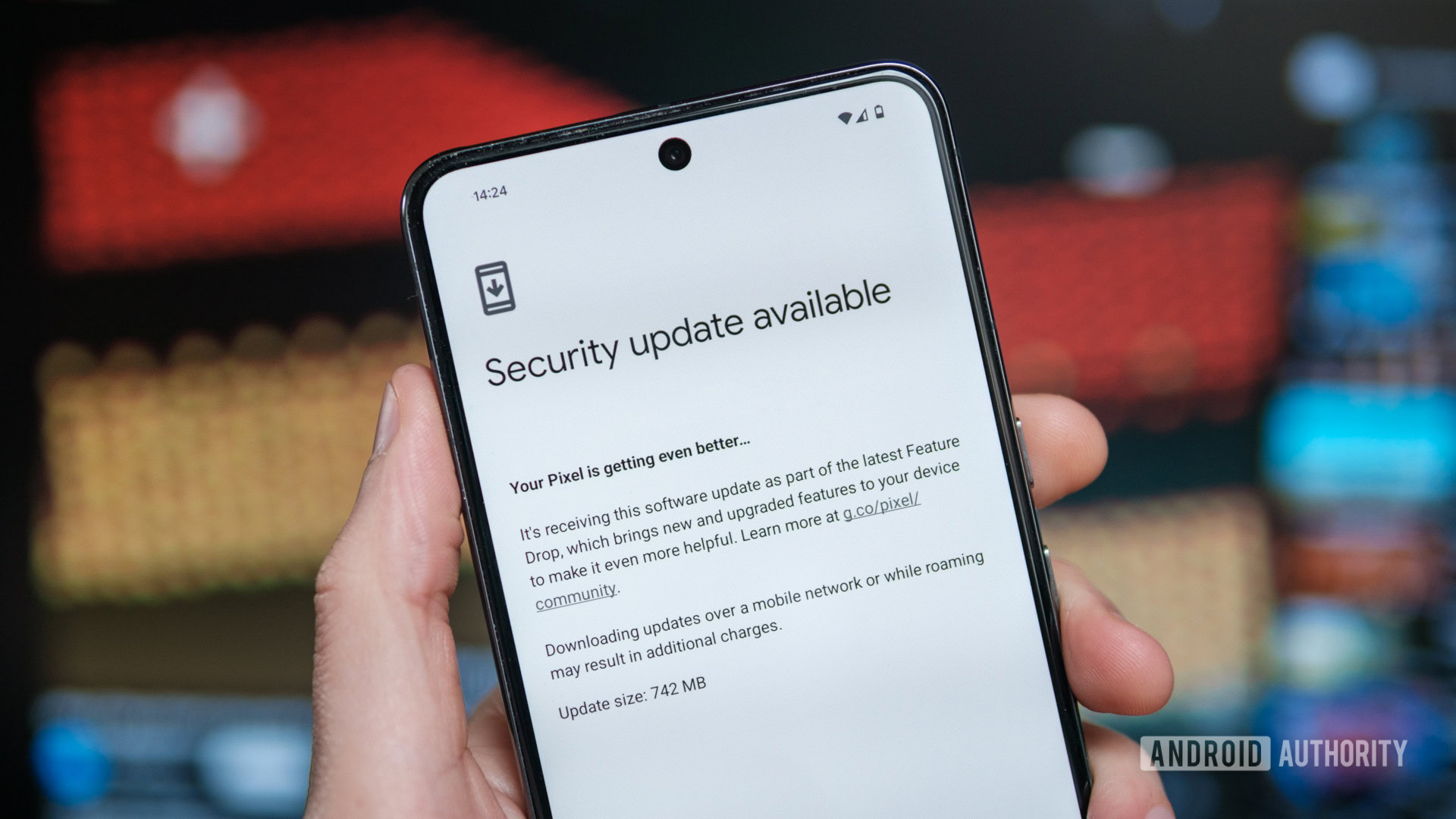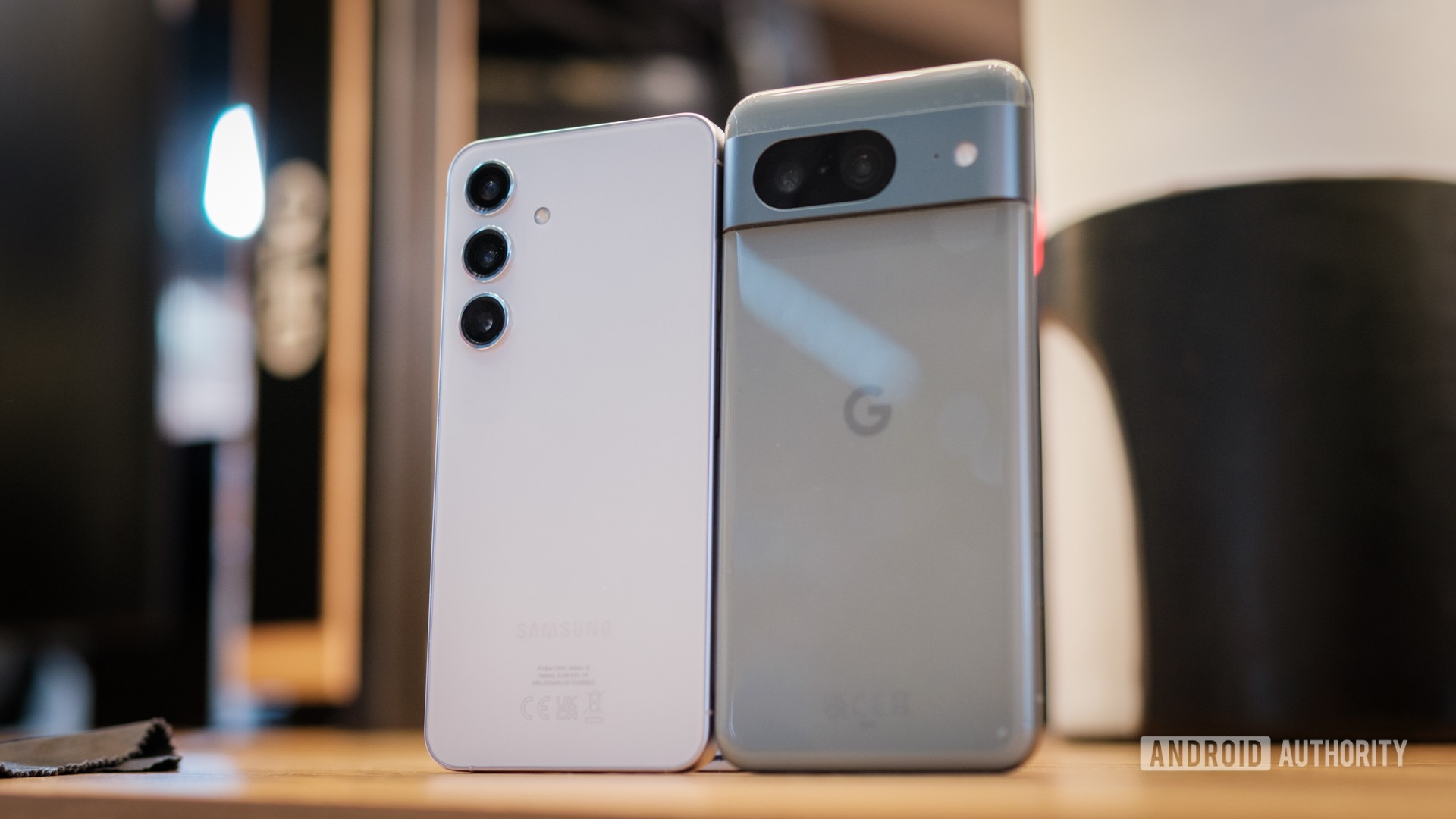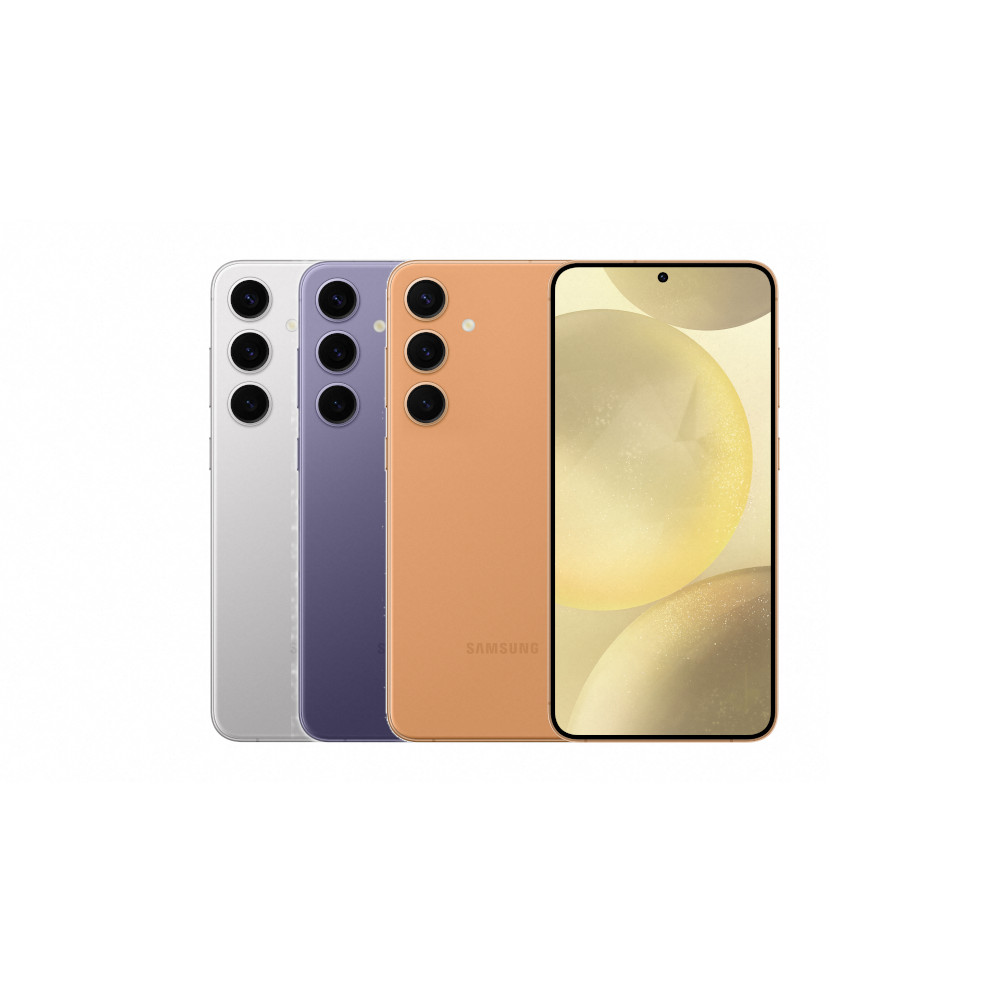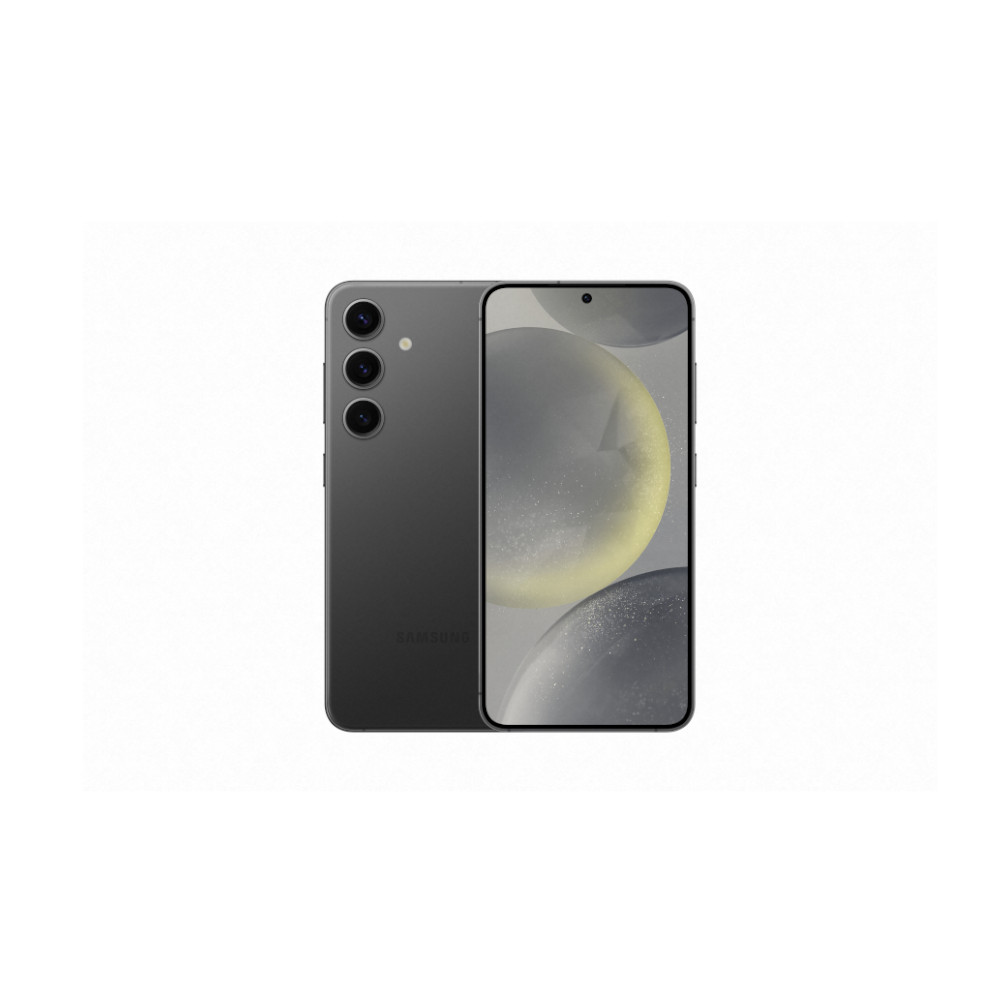Affiliate links on Android Authority may earn us a commission. Learn more.
Google is already faltering at its seven year update promise
Published onMarch 17, 2024

Seven years of updates, as seen on the Google Pixel 8 and Samsung Galaxy S24 series, should be a stand-out selling point for the latest and greatest smartphones. In theory, it is; the old days of losing the latest Android features just two years after purchase were shameful, and up-to-date security is more important than ever now that we store virtually everything on our phones. However, Google may have bitten off more than it can chew with such long support pledges, especially when tied with the promise of regular Feature Drops.
I’m sure you’ve read that Google’s Pixel 8 is at the center of recent controversy after confirming that Gemini Nano, Google’s compact model to power on-device AI, won’t be coming to the base model after making its way to the more expensive Pixel 8 Pro. That means no AI summaries or smart keyboard replies without the cloud. The reason: unspecified hardware limitations. That’s a double blow, given that Video Boost and other AI doodads were already reserved for the Pro.
It’s clear that the Pixel 8 won’t receive all the same features as the Pro over the next seven years, despite their very similar hardware specs. While many consumers might not be too bothered by the limited uses of AI today, they might end up miffed a few years later when their phone doesn’t offer the same features as competitors (or similar devices from the same brand). Especially if they believe they were promised as much. Without comprehensive updates, the gap with future devices is likely to widen quite quickly.
Seven years of updates is quickly turning into an ambiguous promise of little worth.
It’s equally damning that Google recently removed its Android 14 battery stats feature, which showed charging cycle count and battery manufacturing date, from the entire Pixel 8 series. The reason given is that the feature is intended to be available only on the upcoming Pixel 8a and beyond. It sounds like another case of not futureproofing current devices enough to support a feature planned for a mere few months later. Regardless, again, the message reaffirms that you shouldn’t expect to receive all the newest stuff on your recent Pixel purchase, even if it’s only a few months old.
The cutting-edge Pixel Fold, which is promised five years of updates, also seems left in the cold. There’s no word on if or when the $1,800 foldable will receive Pixel 8-era features like Video Boost, Night Sight with Time Lapse, Summarize in Recorder, or anything related to Gemini Nano. You’d think an ultra-premium product would be high up the update priority list, but Google treats it more like a prototype. And we still come across the odd complaint that multi-tasking remains a pain and that little has changed since the move to Android 14. It’s not a great look for a pin-up product.

While it would be unreasonable to expect to receive every new feature over seven years of updates (hardware moves on, after all), Google has failed to bring several flagship features to its phones not even a year after they launched. What hope should we have that seven years of updates means anything more than the bare minimum support? Comments across our polls on the topic concur; fans are ticked off, and trust in the seven years of promised upgrades is already wavering. 37% of our readers polled already regret buying the vanilla Pixel 8 model!
To be fair to Google, it introduced several new options across its devices in its December ’23 Feature Drop. Call Screen now appears on the Pixel Watch, you can use your Pixel 6 or newer as a USB webcam, and dual-screen preview has made its way to the Fold. Still, it’s the headline-grabbing features, like AI, that fans have their eyes on, and that’s where Google’s update policy is a letdown.
Who is doing a better job with phone updates?
All hope is not lost for long-term updates. Samsung leaves no man behind, having implemented the same Galaxy AI capabilities across all three entries in the Galaxy S24 series. And that’s despite regional chipset variations. Google’s lack of commitment to the Pixel 8 is weak by comparison. Furthermore, Samsung plans to quickly backdate several of its latest One UI 6.1 features to the Galaxy S23 series, Galaxy S23 FE, Galaxy Z Fold 5, Galaxy Z Flip 5, and Galaxy Tab S9. Updates should land as early as summer of ’24.
Of course, we’ll be watching how Samsung’s own seven-year update pledge pans out over the coming months and years. Things could change, particularly as phones age. Today, however, it appears far more committed to its latest products and previous-generation Galaxys than Google is to its Pixel line-up. Here’s hoping that Google improves its update game, and quickly.

Excellent update commitment
Handy Galaxy AI features

Neat AI features
Robust battery life

Fun, exclusive Android 14 customizations
Industry-leading update promise